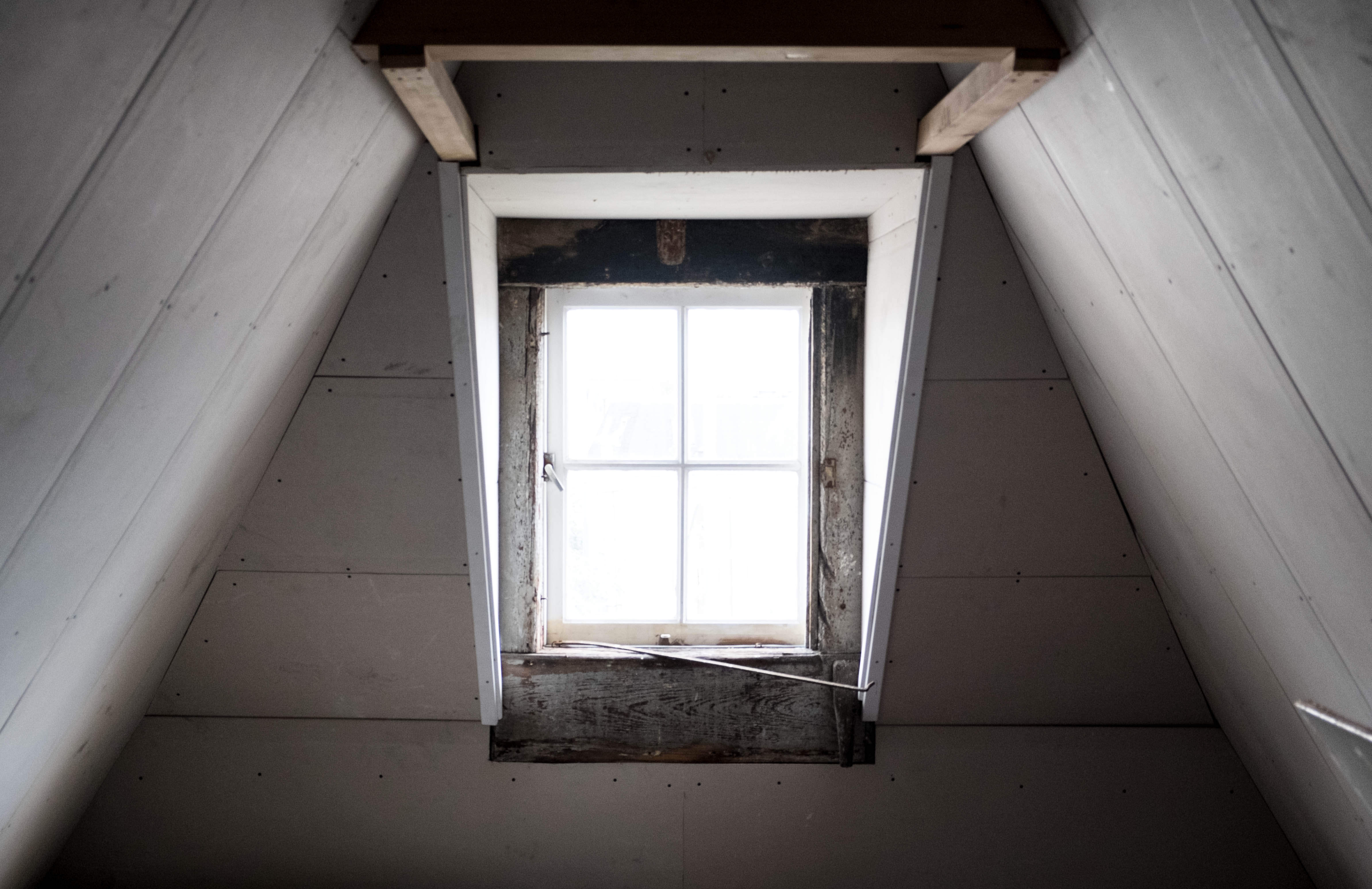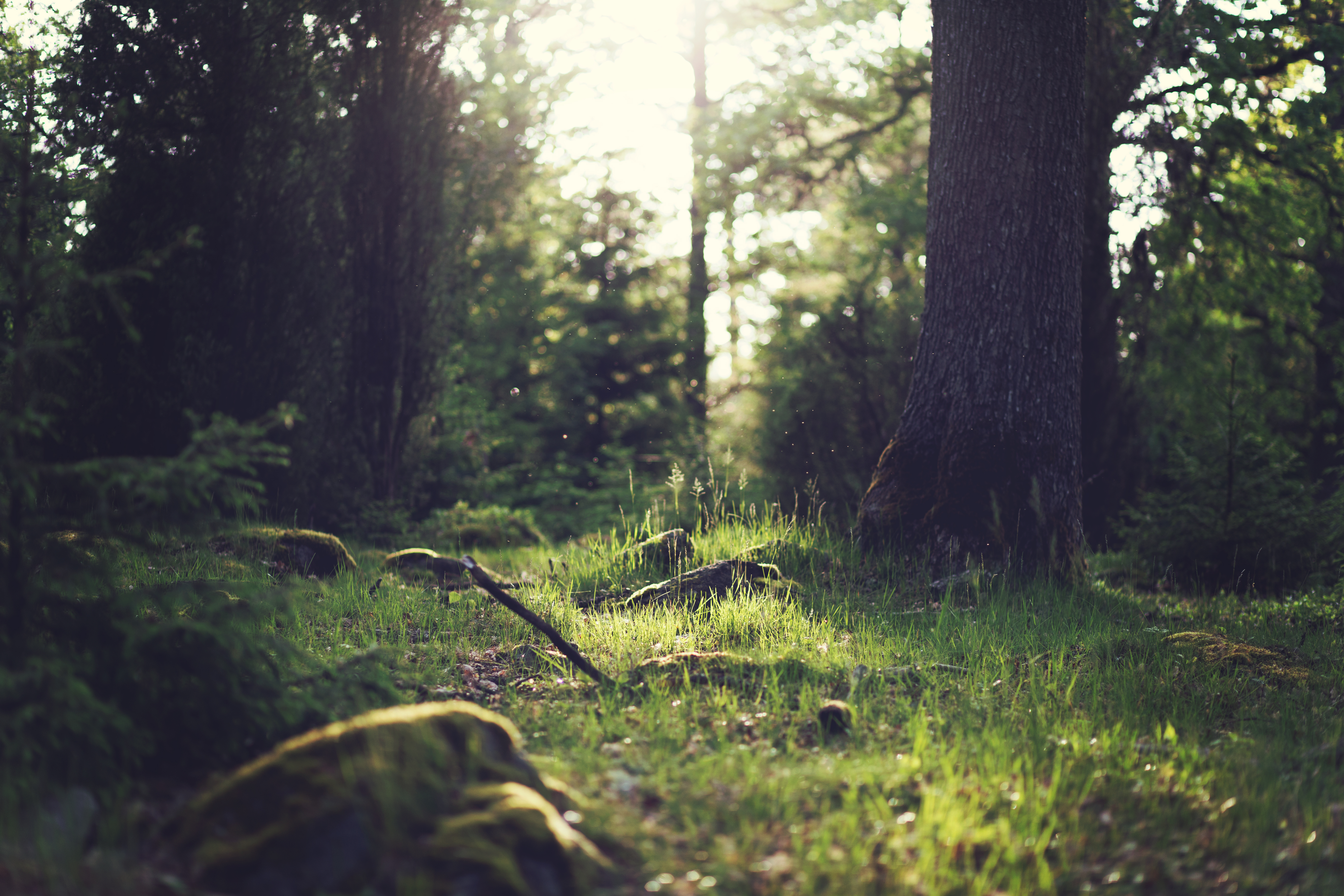Sketch on Dance
 |
| Photo by Heather; https://creativecommons.org/licenses/by-nc/2.0/ |
Original
I went to the woods because I wished to live deliberately, to front only the essential facts of life, and see if I could not learn what it had to teach, and not, when I came to die, discover that I had not lived. I did not wish to live what was not life, living is so dear; nor did I wish to practice resignation, unless it was quite necessary. I wanted to live deep and suck out all the marrow of life, to live so sturdily and Spartan-like as to put to rout all that was not life, to cut a broad swath and shave close, to drive life into a corner, and reduce it to its lowest terms, and, if it proved to be mean, why then to get the whole and genuine meanness of it, and publish its meanness to the world; or if it were sublime, to know it by experience, and be able to give a true account of it in my next excursion. . . .
Henry David Thoreau, Walden (1854)
Imitation
I stepped onto the floor because I wished to dance knowingly, to front only the expressions which I found in myself, and see if I could not learn what my catharsis had to teach, and not, when I came to die, discover that I had not been seen. I did not wish to walk what was not dance, dancing is so dear; nor did I wish to relinquish my movement, unless I must dance in stillness. I wanted to dance intensely and suck all the meaning from my deepest expression, to dance so passionately and Martha Graham-like as to put to rout all that say life is not dance, to call the world my audience, to drive dance into the limbs of all people, and reduce it to its simplest movements, and, if it proved to be finite, why then to get the whole and authentic finiteness of it, and present its finiteness to the world; or if it were infinite, to comprehend it by experiment, and be able to give a corporeal chronicle of humanity on my next stage. . . .
~~~END~~~
Sketch on Thinking
 |
| Photo by Leon Ephraim; Unsplash |
Original
More than once I should have lost my soul to radicalism if it had been the originality it was mistaken for by its young converts. Originality and initiative are what I ask for my country. For myself the originality need be no more than the freshness of a poem run in the way I have described: from delight to wisdom. The figure is the same as for love. Like a piece of ice on a hot stove the poem must ride its own melting. A poem may be worked over once it is in being, but may not be worried into being. Its most precious quality will remain its having run itself and carried away the poet with it. Read it a hundred times: it will forever keep its freshness as a metal keeps its fragrance. It can never lose its sense of a meaning that once unfolded by surprise as it went.
Robert Frost, “The Figure a Poem Makes” (1939)
Imitation
Many a time I might have surrendered my mind to musing if it had contained the profundity such thoughts were taken for by my maturing faculties. Profundity and eloquence are what I ask of my capacity. For myself the profundity need be no more than the simplicity of a well-wrought insight, synthesizing the elements I have explained: truth and implication. Its foundation is the same as for revelation. Like a ray of light breaking across the murky horizon, the insight must light the path of its own potential. An insight may be examined and contemplated once it is in being, but may not be compelled into being. Its most sublime influence will remain in its continuous presence and sudden illumination on the comprehending mind. Ponder such insight innumerable times: it will endlessly maintain its epiphanic moment as a dew drop on a parched petal. Insight can never lose its initial significance that once broke upon the mind, whether in stages or suddenness, as it dawned.
~~~END~~~
Sketch on Young, Fleeting Happiness and Depression
 |
| Photo by Morgan Sessions; Unsplash |
Original
It was the best of times, it was the worst of times, it was the age of wisdom, it was the age of foolishness, it was the epoch of belief, it was the epoch of incredulity, it was the season of Light, it was the season of Darkness, it was the spring of hope, it was the winter of despair, we had everything before us, we had nothing before us, we were all going direct to Heaven, we were all going direct the other way — in short, the period was so far like the present period, that some of its noisiest authorities insisted on its being received, for good or for evil, in the superlative degree of comparison only.
Charles Dickens, A Tale of Two Cities (1859)
Imitation
It was the brightest of days, it was the darkest of days, it was the season of happiness, it was the season of despair, it was the period of sensation, it was the period of indifference, it was the age of Motivation, it was the age of Depression, it was the spring of potential, it was the winter of dreams, we had all of life to live, we had nothing by which to live, we were all going straight to success, we were all going straight to poverty and failure—to make my point, the time was so much like the everyday, that some of us busiest participants decided to simply make due, for better or for worse, in the ignorant absolute of not knowing what other comparisons life could deliver.
~~~END~~~
Sketch on Children's Perspective and Fantasy
Original
“Come to my house,” I said to the beggar. “There you can find food to eat and a bed in which to sleep.”
“I never sleep,” he replied.
I was quite sure then that he was not a real beggar. I told him that I had to go home and he offered to keep my company. As we walked along the snow-covered streets he asked me if I was ever afraid of the dark.
“Yes, I am,” I said. I wanted to add that I was afraid of him, too, but I felt he knew that already.
“You mustn’t be afraid of the dark,” he said, gently grasping my arm and making me shudder. “Night is purer than day; it is better for thinking and loving and dreaming. At night everything is more intense, more true. The echo of words that have been spoken during the day takes on a new and deeper meaning. The tragedy of man is that he doesn’t know how to distinguish between day and night. He says things at night that should only be said by day.”
Wiesel, Elie. Dawn. New York: Hill and Wang (2006). Print.
Imitation
“Come to my house,” I said to the little girl. “There you can have parents and a nice room in which to live.”
“I don’t have a house,” she replied.
I was quite sure then that she was not a real little girl. I told her that I did have a house and needed to return to it. She offered to walk me to the edge of the wood. As we walked along the moss covered paths she asked me if I was ever afraid of being lost.
“Yes, I am,” I said. I wished I could add that I was afraid of her not belonging anywhere, too, but I felt she knew that already.
“You musn’t be afraid of being lost,” she said, lightly flicking my hair and making me smile. “The woods are safer than a house; it is better for living and playing and believing. In the woods everything is more free, more possible. The echo of safety that is chanted in the walls of houses take on binding and restraining quality when spoken in the woods. The folly of parents is that they don’t know how to distinguish between fear and safety, freedom and habit. They teach fear in houses that would never be believed in the woods.
~~~END~~~
~Natalie Cherie
My philosophy in regards to style, rhetoric, reading, and writing:
I have discovered that I can try on
a thousand new voices and still be authentically me. I have decided that it is
okay to know I have a style and to know I am very good at it. But, it is also okay
to go beyond myself and forge a new path. Read, write, read. Write, read,
write. It is a vast interrelated, even interminable process. I am a one voice
in a thousand, and we each have a thousand voices. It is an ocean in a rain
drop.

No comments:
Post a Comment